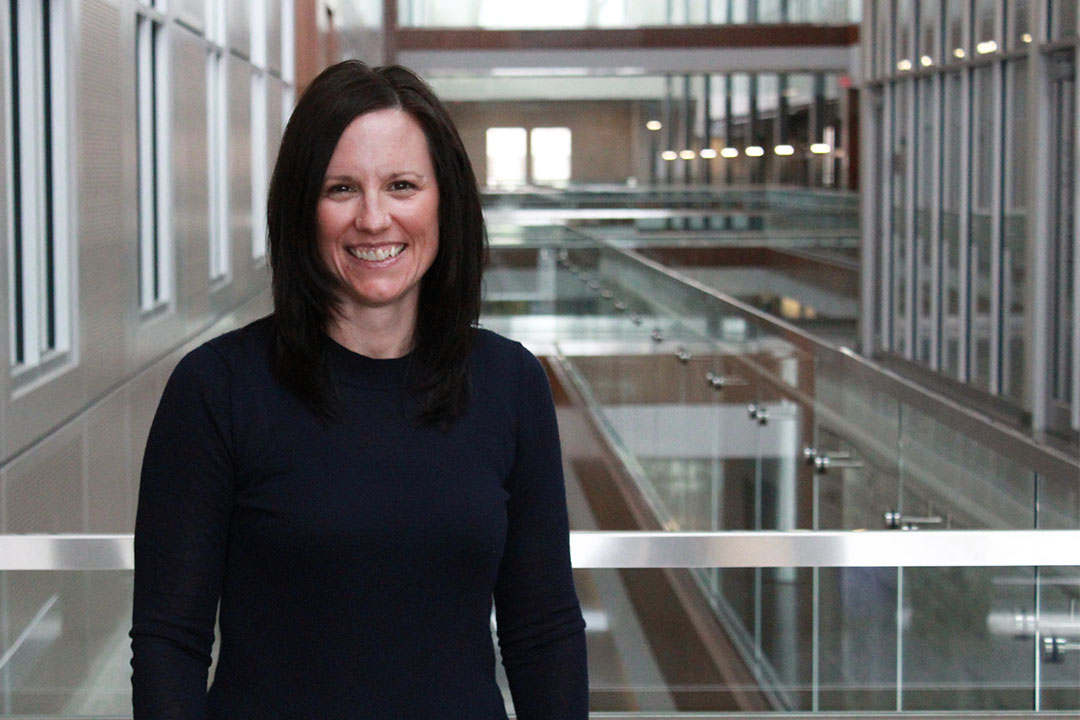
Recovery and reconciliation
A $108,000 research award will help PhD student Charlene Thompson to challenge health inequities in Indigenous communities from a new perspective.
By Cat BonnerArticle re-posted on .
View original article.

A $108,000 research award will help PhD student Charlene Thompson to challenge health inequities in Indigenous communities from a new perspective.
By Cat BonnerArticle re-posted on .
View original article.